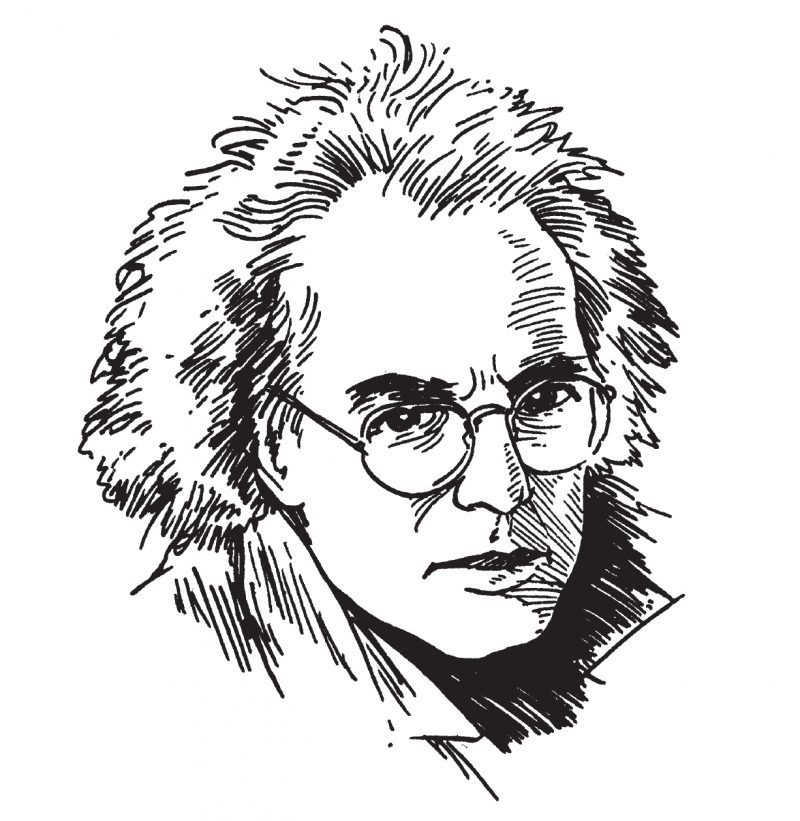David Gates started writing fiction when he was thirty-three, on a commuter train from Connecticut to New York. He wrote two long novels and some short stories, but wasn’t published until he finished Jernigan, a blackly comic novel about a single alcoholic father. A finalist for the Pulitzer Prize, Jernigan started Gates on a string of books about dissenting antiheroes, including Preston Falls and the story collection The Wonders of the Invisible World, both of which were nominated for National Book Critics Circle Awards.
In all of his books, Gates has a distinctive gift of convincing readers to like characters who in reality would be considered rude, intellectually arrogant, and aggressively opinionated (especially when it comes to country music). He actually manipulates the reader with his pitch-perfect voice, smooth-talking us with highbrow jokes about Dickens, and then charming us with his backwoods good-old-boy slang. Like Beckett (whom Gates wrote his dissertation on) his characters’ interior voices infiltrate the reader’s mind and alter the rhythms in which we think.
Dividing his time between a Manhattan apartment and a weathered upstate New York farmhouse, Gates has worked at Newsweek magazine for the last twenty-eight years, mostly writing about music and books. He’s one of the most enthusiastic music-loving journalists around, a fine guitarist, and can sing a mean, foot-stompin’ version of “John Henry.” He also teaches fiction writing at the Bennington MFA program in a workshop with Amy Hempel.
Though this interview was conducted via email, Gates’s cowboy boots and Einsteinian haircut loomed throughout.
—Ross Simonini
I. “I FELL IN LOVE WITH HIP-HOP AT FORTY BECAUSE I’D FALLEN IN LOVE WITH JAMES BROWN AT EIGHTEEN.”
THE BELIEVER: In addition to writing, you’ve spent a lot of time as a bluegrass musician. Is that right? Can you talk a little about your background with bluegrass? DAVID GATES: I don’t want to get too techy about this, but I’m not really a bluegrass player. I do play guitar and banjo, and a little mandolin, but the stuff I’ve done for most of my life is what’s called old-time music—a term I dislike because it sounds cutesy and condescending,but we’re stuck with it now.It’s the Southern stringband music that flourished in the 1920s and ’30s, before bluegrass came along, in 1945. (You can actually be this precise about it: that’s the year Bill Monroe hired Earl Scruggs to play banjo in his band.) I’ve never been able to master Scruggs-style banjo, much as I love to listen to it. Old-time banjo styles are plainer, more stark, though to my ears they’re equally exciting. It’s more of an ensemble music than bluegrass—few if any...
You have reached your article limit
Sign up for a digital subscription and continue reading all new issues, plus our entire archives, for just $1.50/month.
Already a subscriber? Sign in





